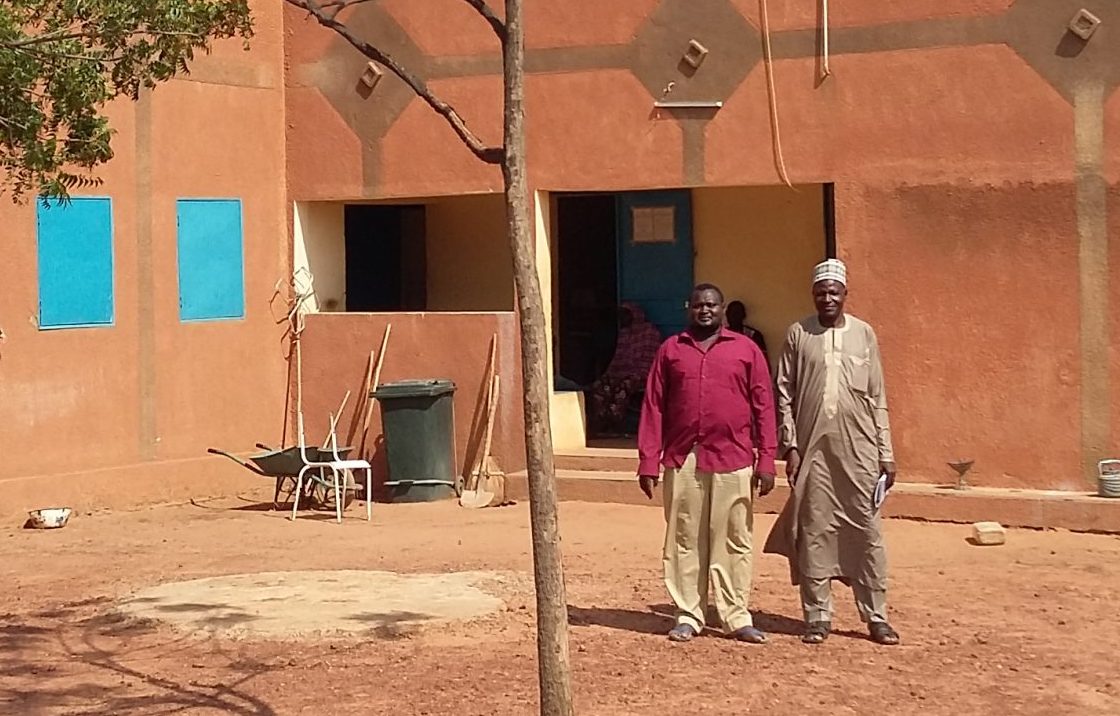It has been over 20 years since Uganda abolished user-fees to improve access to health services and reduce the financial burden of accessing care. However, household out-of-pocket expenditures are still persistently very high contributing 42% of total health expenditure. Despite this, the country has not yet implemented a pooled prepayment scheme at the national level, putting vulnerable households at an increased risk of incurring catastrophic health expenditures.
In this article, the authors analysed the Ugandan experience of health financing reforms with a specific focus on financial protection which is one of the key pillars of Universal Health Coverage (UHC). The authors conducted a qualitative study by doing both desk review of relevant documents and a total of 60 key informant interviews with the relevant stakeholders in the health sector. The results of the study shows that the political situation was not yet conducive for implementing a UHC system with widespread financial protection: dominant interests and ideologies did not create a net incentive to implement a comprehensive scheme for this purpose. The health financing landscape remained extremely fragmented, and community-based initiatives to improve health coverage were not supported by a clear government stewardship.
The full article can be downloaded using the link below

